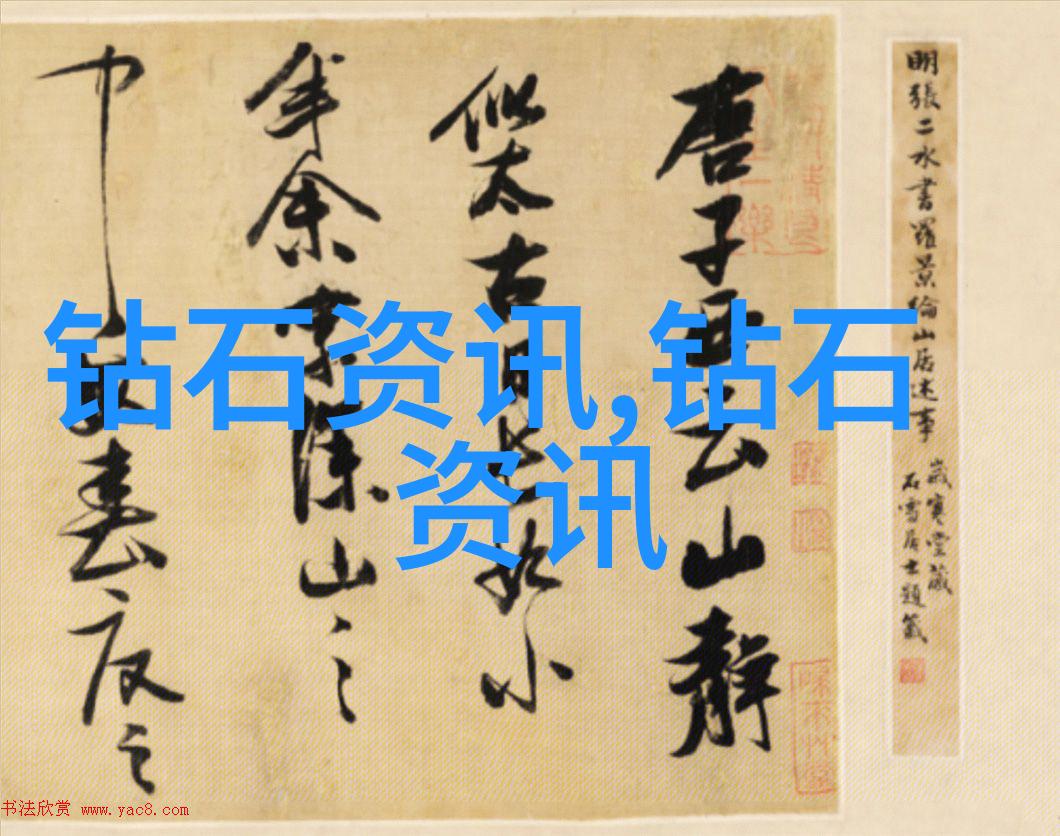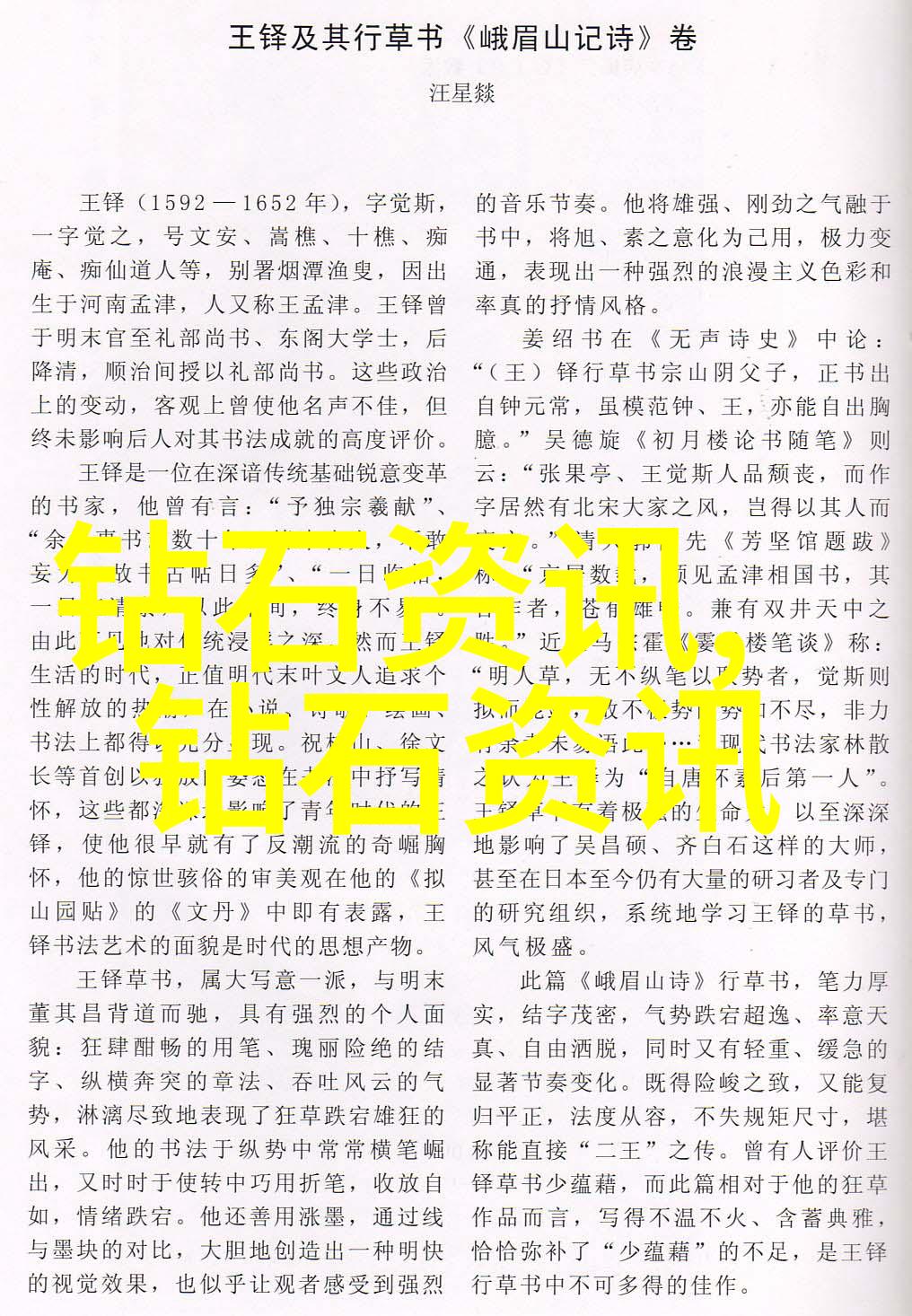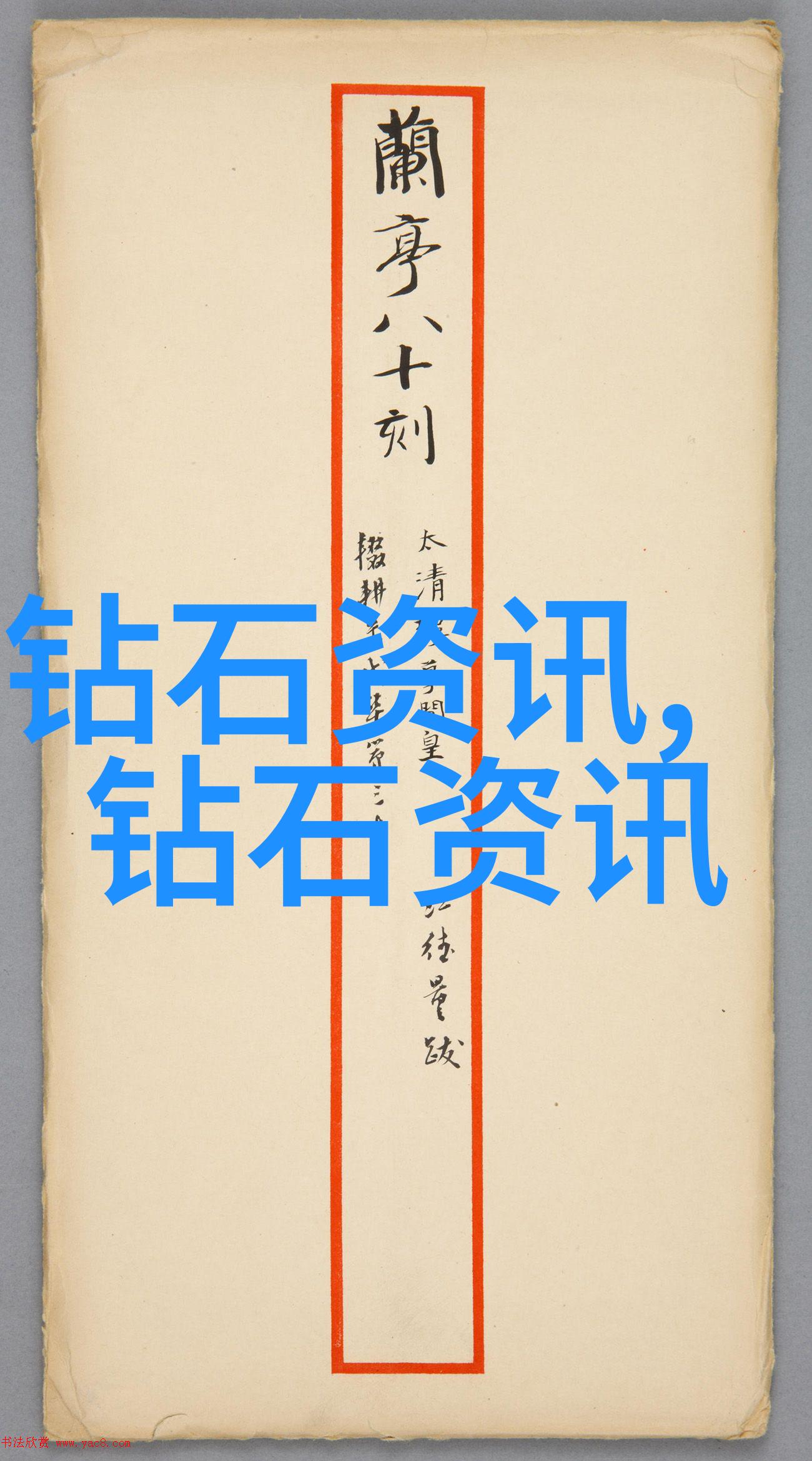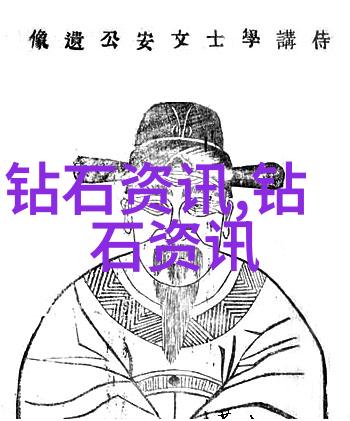A Comparative Analysis of Confucianism and Christi
A Comparative Analysis of Confucianism and Christianity in Modern Society

Introduction to the Comparison

In today's globalized world, understanding cultural differences is essential for effective communication and cooperation between people from diverse backgrounds. This article aims to provide a comparative analysis of Confucianism and Christianity, two major belief systems that have shaped the values and practices of millions of people around the world.

The Origins and Core Beliefs of Confucianism

Confucianism originated in China over 2,500 years ago as a philosophy that emphasized personal morality, ethics, and proper behavior within society. Its core beliefs revolve around three main concepts: Ren (humanity), Li (rituals), and Yi (righteousness). These principles guide individuals towards cultivating virtues such as benevolence, respectfulness, honesty, loyalty, filial piety, integrity, tolerance and humility.

The Origins and Core Beliefs of Christianity
Christianity emerged in the Middle East nearly 2 millennia ago as an Abrahamic religion based on the teachings of Jesus Christ. Its core tenets include faith in God's love through Jesus Christ's sacrifice; acceptance by grace rather than works; forgiveness for sins; new life through baptism; fellowship with other believers; service to others by following Jesus' example.
Cultural Differences Between Confucianism & Christianity
While both philosophies emphasize moral values like compassion & respect for others there are significant cultural differences between them:
Individual vs Group: In Confucian societies individual rights are often subordinated to group harmony while Western societies place more emphasis on individual freedoms.
Religious Practice: Christians practice their faith primarily through worship services while followers of Confucius may seek guidance from religious texts or consult with spiritual leaders.
Gender Roles: Traditional Chinese culture places greater expectations on women to conform to certain roles whereas gender equality is more prominent within Christian communities.
Views on Death: In Eastern cultures death is seen as parting ways with family & friends while it marks transition into eternal life according to many Western religions including Christianity.
Impact on Modern Society
Confucianism has had profound effects on modern Asian society shaping governance structures educational systems social norms etc., influencing countries such as South Korea Japan Taiwan Hong Kong Singapore Malaysia Thailand Vietnam Indonesia Philippines Myanmar Cambodia Laos Myanmar Sri Lanka Nepal Bhutan Mongolia India Nepal Afghanistan Pakistan Bangladesh Iran Egypt Turkey Morocco Algeria Tunisia Libya Sudan Ethiopia Eritrea Somalia Djibouti Kenya Tanzania Uganda Rwanda Burundi Democratic Republic Of Congo Angola Mozambique Namibia Botswana Lesotho Swaziland Zimbabwe Malawi Zambia Madagascar Mauritius Seychelles Comoros Guinea-Bissau Cape Verde Guinea Sierra Leone Liberia Côte D'Ivoire Ghana Senegal Gambia Burkina Faso Mali Niger Chad Central African Republic Cameroon Equatorial Guinea Gabon Republic Of Congo São Tomé And Principe Benin Togo Nigeria Mauritania Morocco Western Sahara Algeria Tunisia Libya Sudan Ethiopia Eritrea Somalia Djibouti Kenya Tanzania Uganda Rwanda Burundi Democratic Republic Of Congo Angola Mozambique Namibia Botswana Lesotho Swaziland Zimbabwe Malawi Zambia Madagascar Mauritius Seychelles Comoros Guinea-Bissau Cape Verde Guinea Sierra Leone Liberia Côte D'Ivoire Ghana Senegal Gambia Burkina Faso Mali Niger Chad Central African Republic Cameroon Equatorial Guinea Gabon Republi



